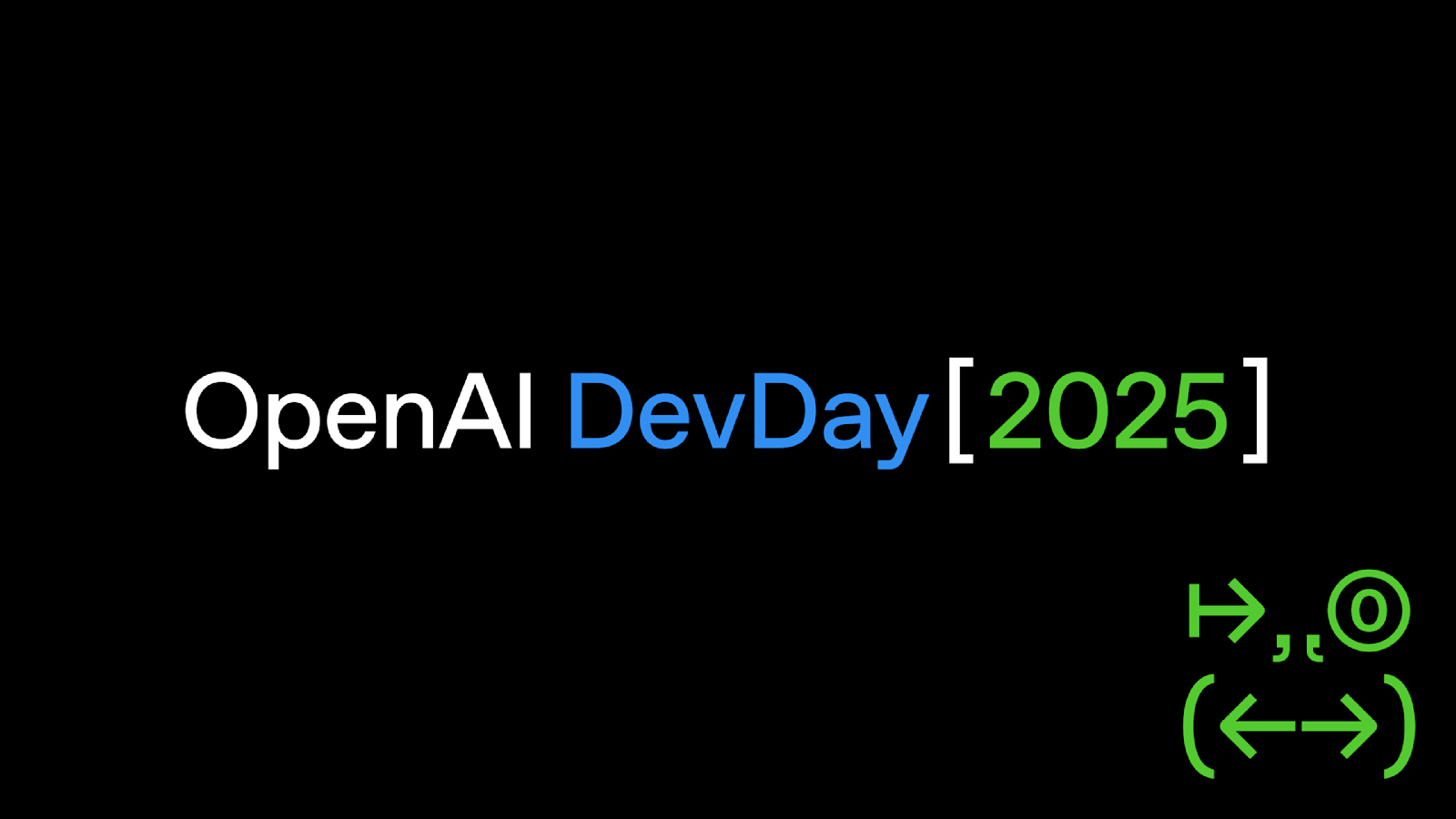OpenAI DevDay 2025: ChatGPT gets apps, AgentKit for developers, and cheaper GPT models
At OpenAI DevDay 2025, the company said ChatGPT users will now be able to use apps like Spotify and Zillow without having to leave the interface.
 At the conference, OpenAI also unveiled two new large language models. (Image Source: OpenAI)
At the conference, OpenAI also unveiled two new large language models. (Image Source: OpenAI)OpenAI has concluded the third edition of the DevDay developer conference. Unlike last year, when OpenAI did not conduct any major product launches, this year’s conference was a mixed bag, featuring some new and useful features alongside incremental upgrades.
As it turns out, OpenAI might be pushing ChatGPT to become a fully fledged AI powered operating system. The company also unveiled two new, cheaper real-time voice models, a new developer toolkit called AgentKit and introduced apps in ChatGPT. Here’s a quick look at everything OpenAI announced at DevDay 2025.
Apps in ChatGPT
OpenAI has been integrating various third-party services with ChatGPT, but at this year’s DevDay event, the Sam Altman startup announced that users will now be able to use apps directly inside ChatGPT.
These apps will either show up as recommendations when you are doing or searching for something, and can also be called by their name. As one would expect, they will respond to text and voice prompts in natural language and even “include interactive interfaces you can use right in the chat.”
In a blog post, OpenAI said that developers will be able to build their apps using the new Apps SDK, which is currently in preview and that the feature will be available to everyone except those in the European Union on Free, Go, Plus and Pro plans.
Some available include apps Booking.com, Canva, Coursera, Figma, Expedia, Spotify and Zillow. To use apps right within ChatGPT, just start your prompt with the name of the app, and the AI chatbot will automatically show the app in your chat. For example, you can try out a prompt that says, “Spotify, make a playlist for my party this Friday.”
AgentKit
OpenAI also introduced AgentKit, a new suite of tools that enables developers to “build, deploy and optimise agents.” To give you a quick recap, AI agents are tools that can take actions, launch other apps and services and even respond to user inputs.
Before Agentkit, developers needed to use a bunch of fragmented tools, custom connectors, manual eval pipelines, prompt tuning and do weeks of work before launching AI agents. The company also added a bunch of new features like datasets, trace grading, automated prompt optimisation, and third-party models to measure and improve performance.
Codex is now available to everyone
Introduced earlier this year, OpenAI said that Codex – its AI-powered tool that can handle multiple software engineering-related tasks at the same time, is now available to everyone.
The cloud-based tool runs in its own sandbox environment and can answer questions about a codebase, fix bugs and even suggest pull requests for code review. As it turns out, OpenAI Codex also got a bunch of new features like Slack integration and admin tools like monitoring and analysing dashboards.
New, cheaper real-time voice models
At DevDay 2025, OpenAI also unveiled two new, cheaper models – GPT-5 pro and gpt-realtime-mini. While GPT-5 pro uses more computing resources to “think harder and provide consistently better answers”, the latter is a cost-efficient version of GPT Realtime.
Available via Responses API, GPT-5 pro has a context window of 400,000 and supports 272,000 maximum output tokens. The large language model has a knowledge cutoff of September 30 and comes with reasoning token support. Talking of gpt-realtime-mini, the compact large language model has a context window of 32,000 and 4,096 maximum output tokens.







